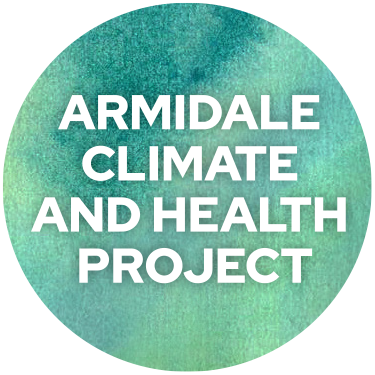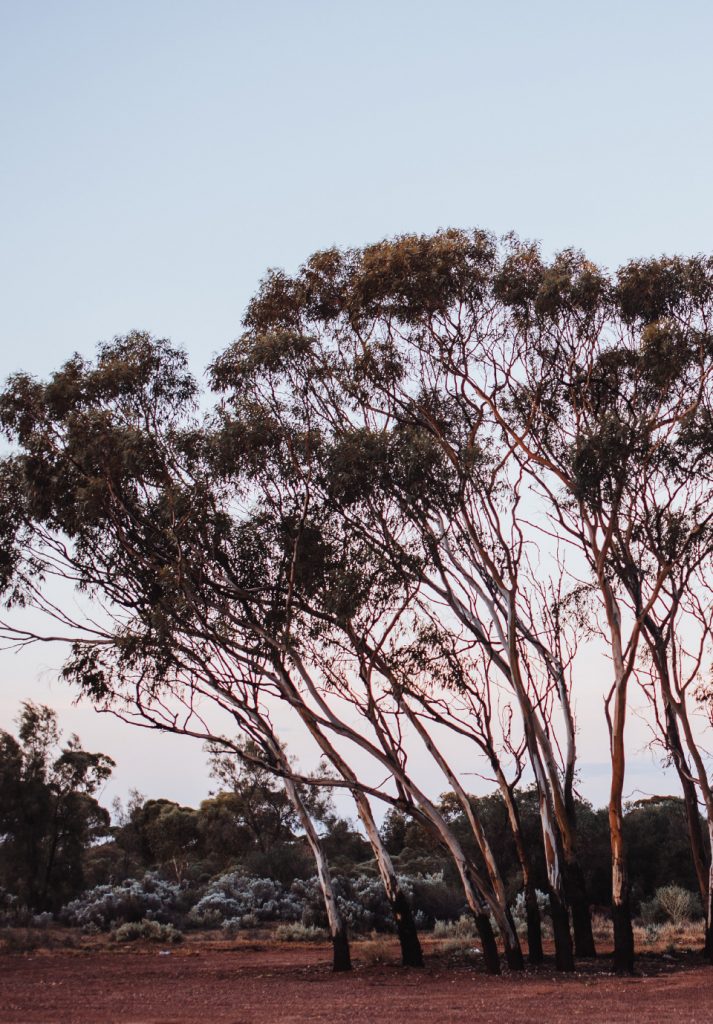This project is currently co-facilitated by academics Dr Jennifer Hamilton and Dr Nicolette Larder, and Local GP Dr Sujata Allan (FRACGP, MBBS, DCH) and the wider Armidale Local Food Group, connected with Sustainable Living Armidale. Sujata works at the Armajun Aboriginal Health Service and Jen and Nikki work at the UNE.
In 2024 the project is focussed on building new community food infrastructure and funded by UNE Internal Funding Scheme. This grant enables us to engage Zoe de Castro as a research assistant for Phase 2. We are connected to the UNE1 One Health Initiative and the Community Economies Research Network.
We have consulted and collaboratored with: Uncle Steve Widders, Gabi Briggs, Callum Clayton-Dixon, Lindon Strong, Tanya Howard and Amy Ashman.
Organisations we’ve worked with: Sustainable Living Armidale, Climate Action Armidale, Doctors for Environment (Australia), Armajun Aboriginal Health Service, Black Gully Festival, Empty Space Productions, One Connection Disability Services, Kings College London, the Aboriginal Cultural Centre and Keeping Place, New England Regional Art Museum.
Project philosophy: We acknowledge and pay our respects to the Traditional Owners of the lands and waters where we work as well as across the lands we travel through. We also acknowledge Elders past, present and emerging.
The project is informed by an understanding of the fact that climate change is a health issue. Although the health impacts of the climate crisis are being felt around the globe, the effects are not evenly distributed. Existing health inequalities and injustices are being made worse by climate change.
That is, some places will warm faster than others, but also some communities and people are more vulnerable to the health impacts – it risks worsening the inequities already present in our society. This grassroots initiative aims to build community connections, recognise diverse needs and Indigenous knowledge and seed action to address these issues on a local level.
Climate change is an emergency, but we can’t panic. To build real community resilience, we believe the process of change, adaptation and mitigation is as important as the outcome. The climate crisis represents an opportunity to create a healthier, more equitable and just society, and create solutions that benefit Country and people at the same time.
The Community Weathering Station is a local initiative guided by the concept “Weathering”. This concept encourages attention to how we experience weather in our bodies and how we relate to one another in a climate changed world. In the Armidale Climate and Health Project we are using this concept to seed a process-oriented solution to both the impacts of climate change on land, water and people.
Thank you to our supporters:


